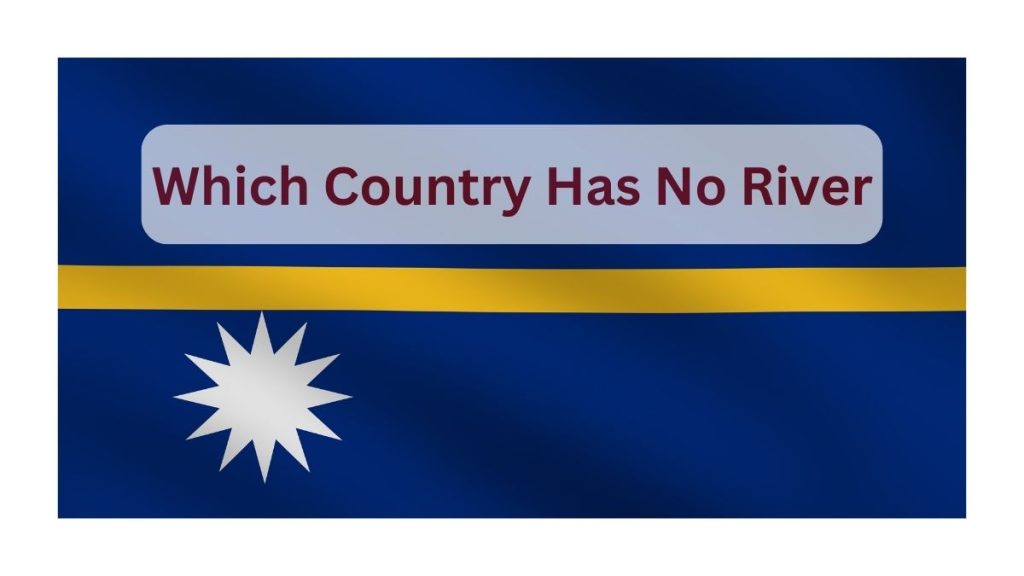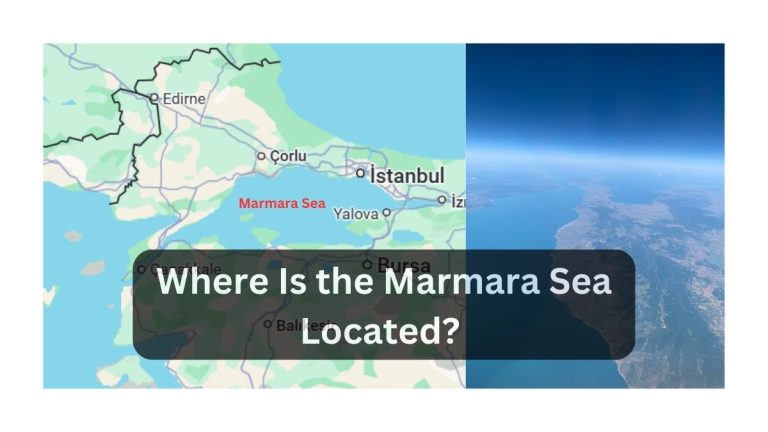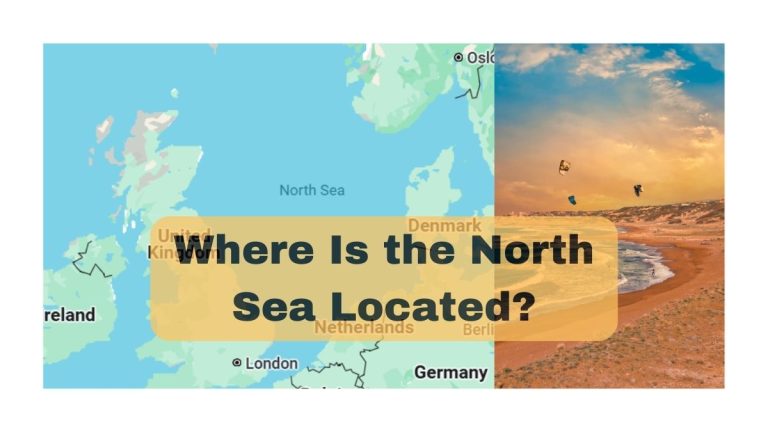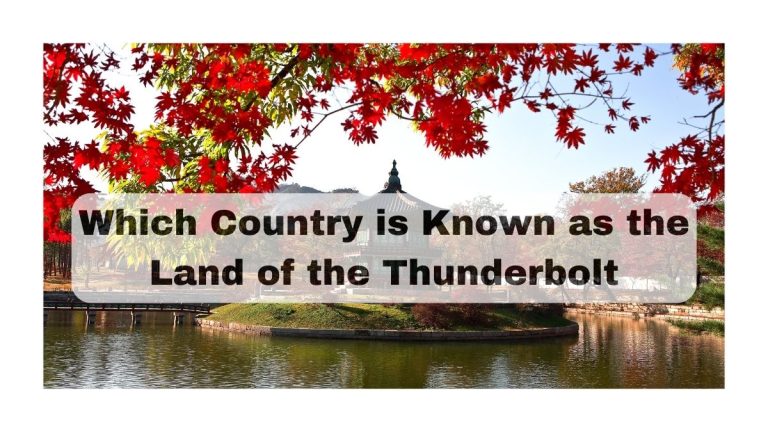Did you know there is a country in the world that does not have an official capital? It is not a trick question! The answer is Nauru, a tiny island nation in the Pacific Ocean. Despite being one of the smallest countries on Earth, Nauru stands out for its unique political and geographical characteristics.

Why Doesn’t Nauru Have a Capital?
Nauru is so small that it does not need a designated capital city. With a land area of just 21 square kilometers (8.1 square miles) and a population of around 10,000 people, the entire country functions more like a small community than a nation with distinct cities.
The government offices are in the Yaren District, which is often considered the de facto capital. However, Nauru has never officially declared Yaren—or any other area—as its capital. This makes Nauru the only country in the world without an official capital city.
What is the De Facto Capital of Nauru?
While Nauru does not have an official capital, the Yaren District serves as its administrative center. Located on the southern coast of the island, Yaren is home to key government buildings, including the Parliament House, the administration offices, and the international airport.
Despite its functional role, Yaren is not a bustling city. It’s a small, informal settlement that reflects Nauru’s laid-back and close-knit community. This unique setup highlights how Nauru’s small size and population allow it to operate without a formal capital.
Is Nauru the Only Country Without a Capital?
Yes, Nauru is the only country without an official capital. While other small nations like Monaco and Vatican City are often considered city-states (where the entire country functions as its capital), Nauru stands alone in having no designated capital at all.
This distinction makes Nauru a fascinating case study in governance and geography. It is a reminder that not all countries fit the traditional mold of having a bustling capital city.
Where is Nauru Located?
Nauru is a tiny island nation located in Micronesia, in the Central Pacific Ocean. Its nearest neighbors are Kiribati, the Marshall Islands, and the Solomon Islands. Despite its remote location, Nauru has a rich history and culture that make it a unique part of the Pacific region.
The island’s isolation and small size have shaped its way of life, from its governance to its economy. However, these same factors also present challenges, such as limited resources and vulnerability to climate change.
What is Nauru Known For?
Nauru may be small, but it has a big story to tell. Here are some fascinating facts about this unique country:
- Phosphate Mining: In the 20th century, Nauru was one of the wealthiest countries per capita due to its rich phosphate deposits. However, extensive mining has left much of the island’s landscape barren and uninhabitable.
- Environmental Challenges: Nauru faces significant environmental issues, including deforestation, soil erosion, and rising sea levels caused by climate change.
- Refugee Processing Center: Nauru hosts an Australian-run detention center for asylum seekers, which has sparked international debate and controversy.
- Unique Culture: Despite its challenges, Nauru has a vibrant culture, with traditional music, dance, and cuisine that reflect its Pacific heritage.
How Does Nauru Function Without a Capital?
Nauru’s small size and population make it possible to operate without a formal capital. The government is centralized in the Yaren District, where key administrative functions are carried out.
The lack of a capital also reflects Nauru’s informal and community-oriented way of life. With no large cities or urban centers, the island’s settlements are small and closely connected. This unique setup allows Nauru to function efficiently despite its unconventional governance structure.
Did you find this blog helpful? Share it with your friends and let us know what other unique countries you would like to learn about!




























